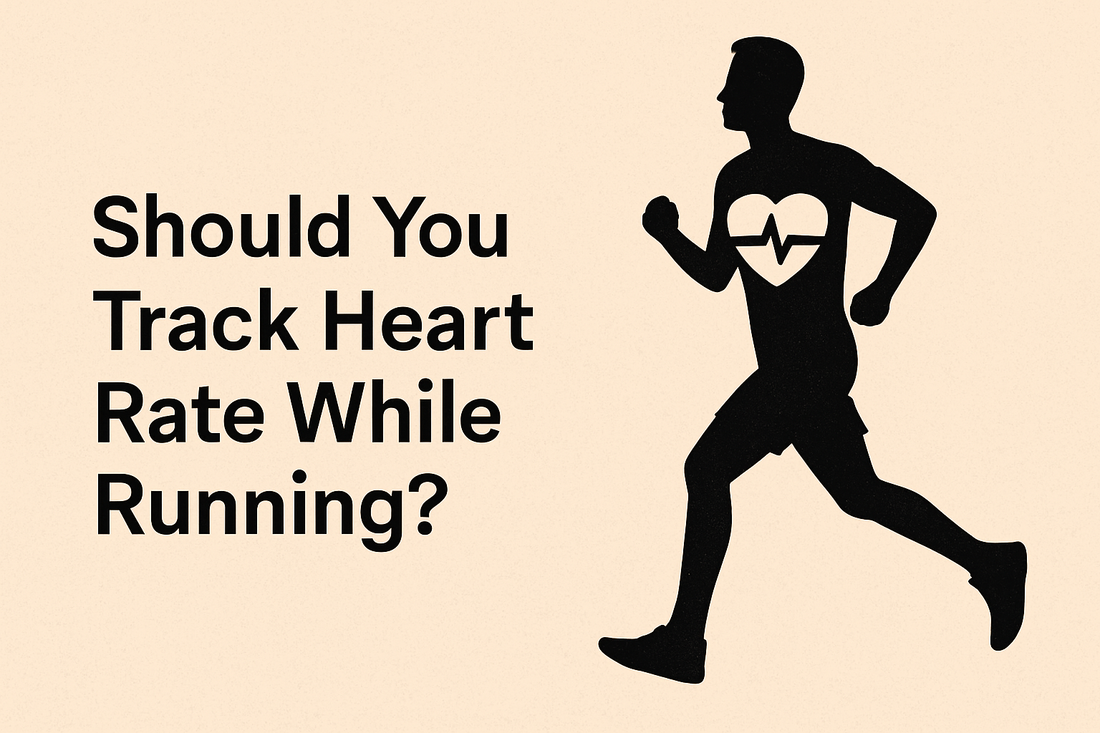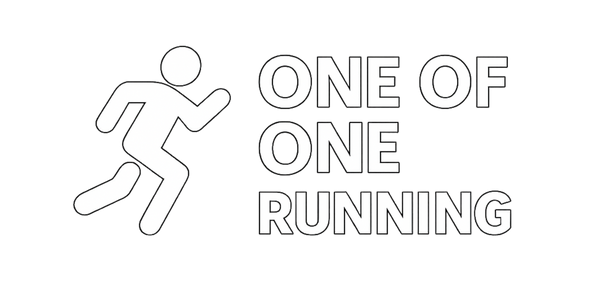
Should You Track Heart Rate While Running?
Share
You’ve seen runners checking their watches mid-run, looking serious. But does tracking your heart rate really help? Or is it just another number?
Here’s what you need to know—especially if you’re a beginner or intermediate runner.
What is heart rate training?
Your heart rate (HR) shows how hard your body is working. Instead of guessing your effort by pace or feel, HR gives you real feedback in real time.
Most runners train in different heart rate zones:
-
Zone 1 (very easy): recovery runs, warm-up
-
Zone 2 (easy): most long runs; builds aerobic base
-
Zone 3 (moderate): tempo pace; sustainable effort
-
Zone 4 (hard): threshold runs; faster efforts
-
Zone 5 (very hard): sprints, intervals
Benefits of tracking HR
-
Prevents overtraining (especially on easy days)
-
Helps you pace long runs better
-
Improves aerobic development
-
Helps detect fatigue or illness early
-
Objective data—not just “how it feels”
When it doesn’t work well
-
Wrist-based HR monitors can be inaccurate
-
HR is affected by heat, stress, caffeine, sleep
-
You need to learn your zones (e.g. via max HR or lactate test)
So… should you track it?
Yes, but don’t obsess over it. Use HR as a tool, not a rule.
A great way to start:
Run most of your easy runs in Zone 2. You should be able to talk in full sentences. That’s the zone where endurance builds—without burnout.
If you want to run smarter, feel better, and recover faster, heart rate tracking can help—especially if you train consistently and balance effort across zones.
Want more no-fluff tips on pacing, technique, recovery, and gear? My e-book has you covered—plus discount codes for gear that actually helps.
Check out the e-book here
